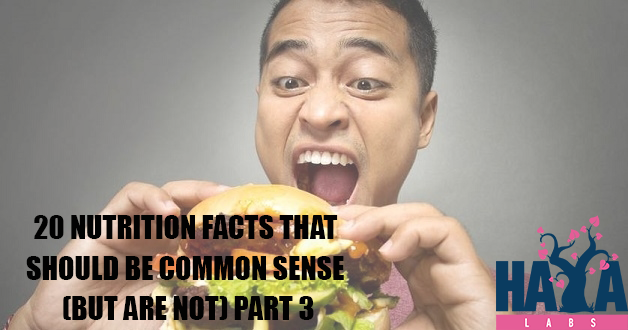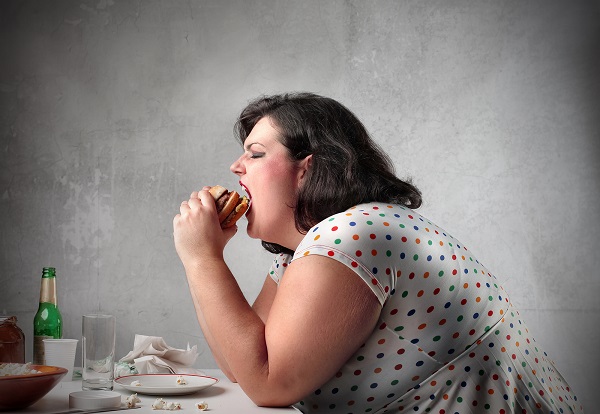
20 Nutrition facts that should be common sense (but are not) PART 3
0
1183
If you expect to take weight loss pill without training and without adequate nutrition plan you will be very disappointed. The problem is that many of you eat guilt free and afterward take fat loss pill. That’s not the way they work, folks.
.jpg)
You need nutrition plan, training, and recovery!
The truth is that the only way to lose weight and keep it off is to adopt a lifestyle change and leave your comfort zone!
12. Health is About Way More Than How Much You Weigh
People focus way too much on just weight gain/loss. The truth is that health goes way beyond that.
.jpg)
Many obese people are metabolically healthy, while many normal weight people have the same metabolic problems associated with obesity.
Focusing just on body weight is counterproductive. It is possible to improve health without causing weight loss, and vice versa.
It appears that the area where fat builds up is important. The fat in the abdominal cavity (belly fat) is associated with metabolic problems, while the fat under the skin is mostly a cosmetic problem.
Therefore, reducing belly fat should be a priority for health improvement, the fat under the skin and the number on the scale don’t matter as much.
13.
read more
Calories are important, that is a fact.
Obesity is a matter of excess stored energy (calories) accumulating in the form of body fat.
However, this does not mean that people need to track or count calories, or monitor everything that enters their bodies.
.jpg)
Although calorie counting works for a lot of people, there are many things that people can do to lose weight, without ever having to count a single calorie.
For example, eating more protein has been shown to lead to automatic calorie restriction and significant weight loss. Without restricting calories.
14. People With High Blood Sugar and/or Type 2 Diabetes Should Not be Eating a High-Carb Diet
For decades, people have been advised to eat a low-fat diet with carbs at 50-60% of calories.
Surprisingly, this advice was extended to include people with type 2 diabetes, which can not tolerate a lot of carbs.

People with type 2 diabetes are resistant to insulin and any carbs they eat will cause a big rise in blood sugar levels.
For this reason, they need to take blood sugar-lowering drugs to bring their levels down.
If anyone benefits from a low-carb diet, it is diabetic patients. In one study, a low-carb diet for only 6 months allowed 95.2% of patients to reduce or eliminate their blood sugar medication.
Although the advice is changing (slowly), many “mainstream” organizations around the world are still telling diabetics to eat a high-carb diet.
15. Fat Doesn’t Make You Fat, but Neither Does Carbohydrate
Fat has often been blamed for obesity because fat contains more calories per gram than protein and carbs.
However, this doesn’t really have any practical meaning.
People who eat a diet that is high in fat (but low in carbs) actually end up eating fewer calories than people on low-fat, high-carb diets.

This has conversely led many people to blame carbs for obesity, but this is a mistake as well. Plenty of populations have eaten high-carb diets but remained healthy.
As with everything in nutrition, this depends on the context.
Fat can be fattening, carbs can be fattening. It all depends on the rest of the stuff you are eating and your overall lifestyle.


